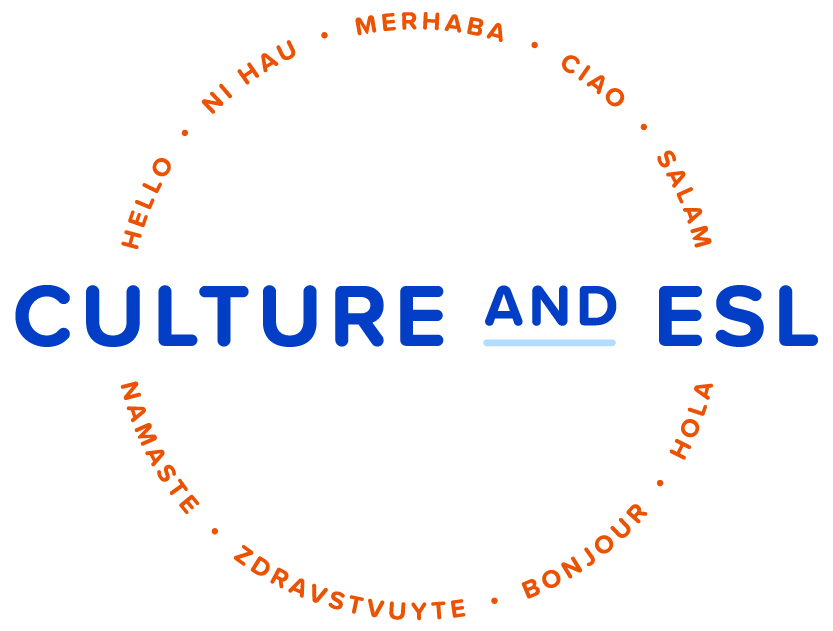Cultural competence, also known as intercultural competence is an important subject for us all to understand and reach some common ground on. In an ongoing effort to increase cultural competence I have asked my associates what does intercultural competency mean to them, after all listening and discussing is an important component to it.
Lets look at what was said and then I will discuss further. For privacy I am withholding their names.
Person A-“Cultural competence is exploring your own historical roots, beliefs, and values. Its also learning about different cultures and interacting with diverse groups. You could also attending diversity- focused groups.Its imperative to get out of your comfort zone in relating with other cultures.
Its Self reflection in relation to other cultures and self assessment, since cultural competence is ongoing and a lifelong process.
Find ways to expand your learning. You could always expand your horizons on this topic.”
Person B-“I would define intercultural competence as the awareness, sensitivity and knowledge of distinct differences in global cultures that enhances one’s skill and ability to connect, communicate, and cooperate with people from other regions, and countries of the world.”
Person C-“Cultural competence is having the understanding that in every environment there will be more than one way of interpreting a situation, a conversation, or a problem as its based on an individual’s experience, background, orientation and lived experience. For example, If we look at the history of what happened to native Americans, their truth is much different than that of the colonizers. Only recently have we been even able to acknowledge that. The same for African Americans. Cultural competence is an openness to this diversity of experiences, to be willing to listen and engage with it and to come to a balanced solution where people feel heard.
The realization that your truth might be different than my truth and navigating those differences.For cultural competency to be real, everyone has to be sitting at the table and be able to be engaged and heard vs the elite few that have the power to dictate their views and experiences.”
Person D-“Cultural competency means being aware of your own cultural beliefs and values and how these may be different from other cultures. This includes being able to learn about and honor the different cultures of those you work and associate with.I love to travel to learn more about others, how they live, and what they think, and see how it differs from what I believe and the way I live. The ability to accept and understand the differences”
In summary, all my contributors have expressed their definition in their own way however, they are all saying Cultural competence is about self reflection & experiencing other cultures with a different lens.
and actively listen, accept the differences and view any issues from a different perspective than your own, what you were raised to think is normal or comfortable.
Taking the IDI, intercultural development inventory is a great start as you could see where you are starting from. After taking the assessment you would meet with me, an IDI qualified administrator for a consult. We would discuss not only the results but how you experience culture, a brief history of yourself, then we will discuss what’s on the assessment report. From there we would together create a roadmap of next steps should you choose to increase your intercultural competency.
Cultural competency is a journey in learning. Its not a one and done class. We can discuss all the ways there are to for you go from how you currently engage cultural differences, to how you could more effectively engage diversity.
So get out of your comfort zone and let’s get started today!
Renee Asenguah
IDI Qualified Administrator
Cultural Trainer
Culture and ESL

